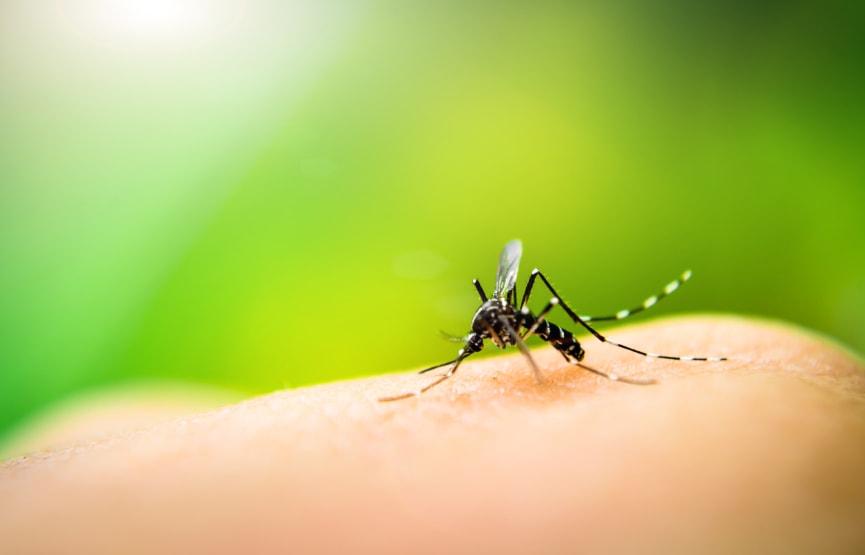Category: Science News

Novel Eye Test Could Help Diagnose Autism
A new test that measures rapid eye movements could help identify deficits in an area of the brain associated with the development of autism spectrum disorders (ASDs), a new study has found.

New Study Highlights IVC Filter Retrieval Problems
The study has found that IVC filter retrieval rates plummet after 7 months. Over 40% had to be removed using advanced techniques, according to data from a study involving over 750 patients.

Vaccine Patch May Be Future of Flu Shots
Data from a Phase I clinical trial has shown promising results for a painless needle-free flu vaccine patch compared to a flu shot injection.

Vitamin B May Reduce Effects of Heart Disease: Study
Vitamin B supplements may help mitigate the impact of air pollution on patients with cardiovascular disease, according to new study conducted at Columbia University.

Zika Isn’t Over: New Infections Reported in Florida
Florida health officials on Monday reported on a locally acquired Zika infection in a patient who felt no symptoms but tested positive for the virus last month.

Mumps Outbreak Linked to Vaccine Shortfalls
As an increased number of mumps cases have been reported across the U.S. since the beginning of the year, some health officials say it may be time to consider adding a new vaccination dose to current immunization guidelines.

Head Lice Treatments Linked to Abnormal Behavior in Children
A new study has linked ingredients found in head lice and scabies treatment products to behavioral difficulties in children.

Vaccine to Prevent Hepatitis C Possible by Exposing Virus to Attack
Manipulating a protein of the hepatitis C virus (HCV) in a way that exposes it to a direct attack by the immune system may help lead to a preventative vaccine, according to a new study.

Autism Linked to Increased Cerebrospinal Fluid Levels
Researchers at the University of North Carolina have found a link between increased levels of cerebrospinal fluid in the brains of infants and a higher risk for autism.

Cooking Rice This Way Could Kill You
Scientists are warning that a common method of cooking rice can expose you to a range of serious health problems including heart disease, cancer and type 2 diabetes.

